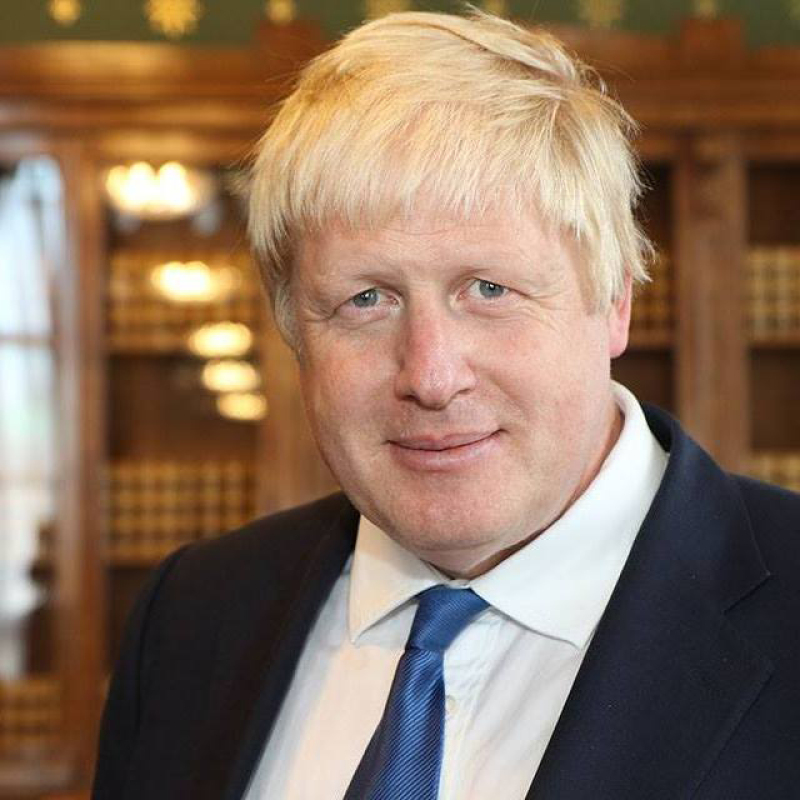
Boris Johnson, the British Prime Minister, pledged on Wednesday to amend immigration rules to allow 3 million Hong Kong residents a pathway to British citizenship in retaliation to Beijing's security law implementation in Hong Kong.
Democratic countries like the United Kingdom, the United States, Canada, and Australia are facing the decision to accept Hong Kong refugees who are fleeing from Hong Kong and its implementation of the security law.
Hong Kong was promised a high degree of autonomy when handed back to China in 1997 after being under British rule for 156 years.
However, the Chinese parliament feared the influence of the democratic ways of Hong Kong and approved the new security law on May 28, with goals to destroy Hong Kong's autonomy and freedom.
Johnson expressed his sympathy for the Hong Kong protesters by saying that the Chinese security law gives Britain "no choice but to uphold our profound ties of history and friendship with the people of Hong Kong."
Johnson's offer for the refugees is that the government would allow holders of British National (Overseas), or BNO, passports to come to Britain for a renewable period of 12 months and obtain the right to work. Johnson added that this plan can "place them on a route to citizenship."
The BNO passports issued to people born before 1997, currently allow holders to stay in Britain for six months but cannot obtain rights to work or residency.
On the other hand, China's Foreign Ministry responded that Britain has no jurisdiction over Hong Kong and that Britain must "step back from the brink" and "stop interfering in Hong Kong's affairs and China's internal affairs."
In the Sino-British Joint Declaration, the UK and China agreed to preserve Hong Kong's political freedoms and way of life until 2047. However, with the new security law that Beijing is implementing in Hong Kong, it is repressing Hong Kong's freedoms and way of life.



















